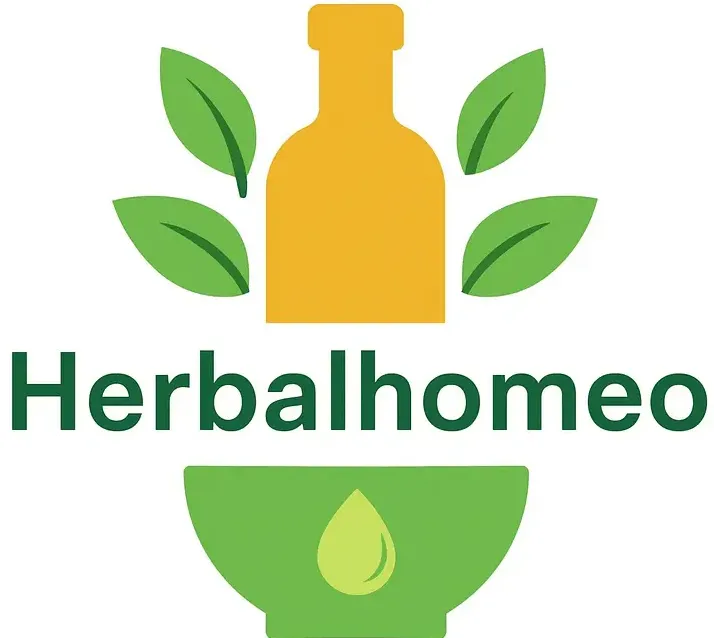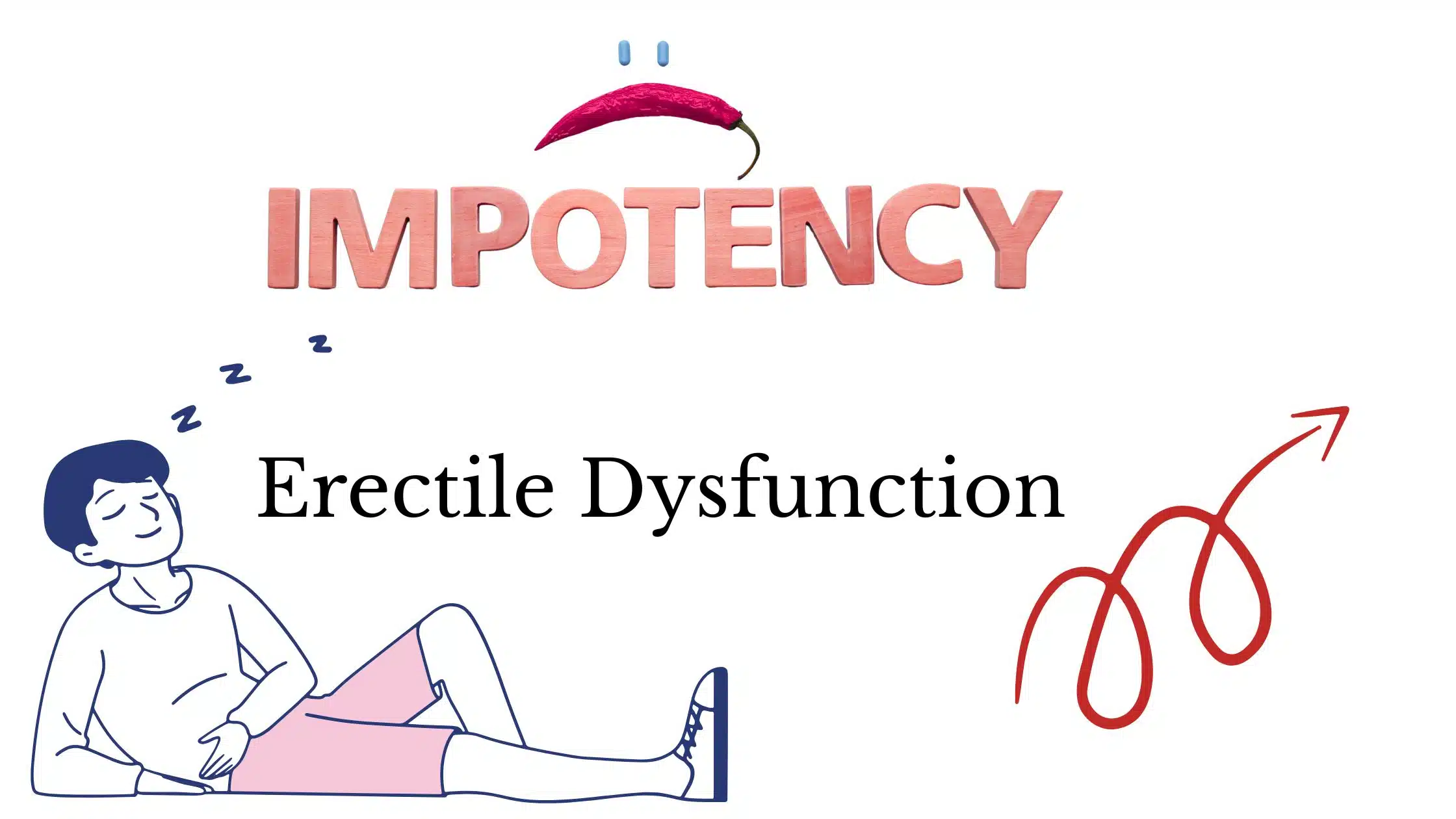Vitreous Hemorrhage in the Eye and Its Homeopathic Treatment
Introduction
Vitreous Hemorrhage refers to bleeding into the vitreous gel, the transparent, jelly-like substance that fills the back of the eye. It may sound alarming, but understanding its causes, symptoms, and treatments can help you take the right steps to restore eye health.
What Causes Vitreous Hemorrhage?
This condition can occur due to several reasons, including:
Understanding the Role of Homeopathy
Homeopathy offers a gentle, non-invasive way to address Vitreous Hemorrhage by targeting the root cause and promoting natural healing. It focuses on the individual’s symptoms and overall constitution.
Why Choose Homeopathy for Eye Conditions?
- Holistic Approach: Treats the whole person, not just the symptoms.
- Minimal Side Effects: Safe for long-term use under professional guidance.
- Promotes Natural Healing: Stimulates the body’s self-repair mechanisms.
Key Homeopathic Remedies for Vitreous Hemorrhage
1. Arnica Montana 6c
- Indications: Best for hemorrhages caused by trauma or injuries.
- Dosage: 5 drops or 4 pills, twice daily.
2. Ruta Graveolens 30
- Indications: Effective for eye strain or injuries leading to blurriness.
- Dosage: 5 drops or 4 pills, twice daily.
3. Ferrum Phosphoricum 6X
- Indications: Ideal for early-stage hemorrhages to control bleeding and reduce inflammation.
- Dosage: 4 pills, three times daily.
4. Crotalus Horridus 30
- Indications: Particularly useful for hemorrhages caused by blood vessel damage, especially in diabetic patients.
- Dosage: 5 drops, twice daily.
5. Lachesis 200
- Indications: Suitable for excessive bleeding and inflammation, enhancing the body’s clotting process.
- Dosage: Once a week.
6. Senecio Cineraria Q (Mother Tincture)
- Indications: Helps in clearing spots, repairing eye tissues, and improving vision.
- Dosage: 10 drops in half a cup of water, three times daily.
Additional Lifestyle and Management Tips
Rest and Eye Care
- Avoid activities that strain your eyes, such as prolonged reading or excessive screen time.
Diet for Healthy Eyes
Incorporate foods rich in:
- Vitamin A: Carrots, spinach
- Vitamin C: Citrus fruits, bell peppers
- Vitamin E: Almonds, sunflower seeds
Stay Hydrated
Drinking plenty of water supports natural cleansing and detoxification of eye tissues.
Important Notes on Severe Cases
When to Seek Medical Attention
If symptoms worsen or do not improve within a reasonable timeframe, consult an ophthalmologist immediately.
Combining Treatments
Homeopathy works best when used alongside conventional medical advice. Severe cases may require surgical intervention or laser therapy.
Conclusion
Vitreous Hemorrhage, while distressing, can be effectively managed with timely diagnosis, lifestyle adjustments, and homeopathic remedies. Always consult a qualified homeopath or ophthalmologist for a tailored treatment plan. By addressing the root causes, homeopathy offers a natural and holistic way to restore your vision and overall eye health.
FAQs
1. What causes Vitreous Hemorrhage?
It can result from conditions like diabetic retinopathy, hypertension, trauma, or blood vessel abnormalities in the eye.
2. Can homeopathy cure Vitreous Hemorrhage?
Homeopathy can aid in managing symptoms and promoting healing but should complement conventional treatments for severe cases.
3. How long does it take to see results with homeopathy?
The timeline varies depending on the severity of the condition and the individual’s overall health.
4. Are there any side effects of homeopathic treatments?
Homeopathy is generally safe when used under the guidance of a qualified practitioner.
5. What precautions should I take during treatment?
Avoid eye strain, follow a healthy diet, and ensure regular follow-ups with your healthcare provider.

